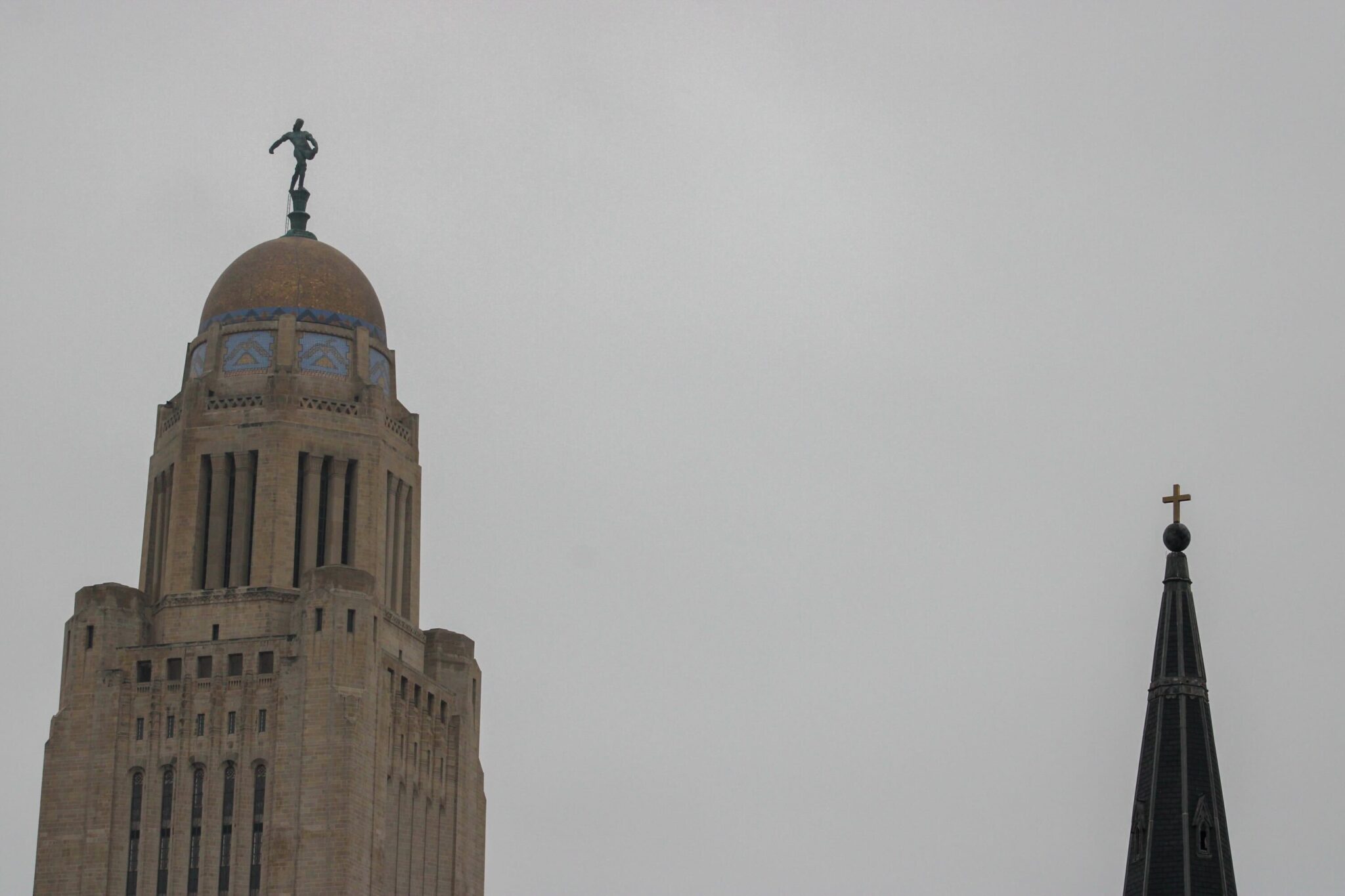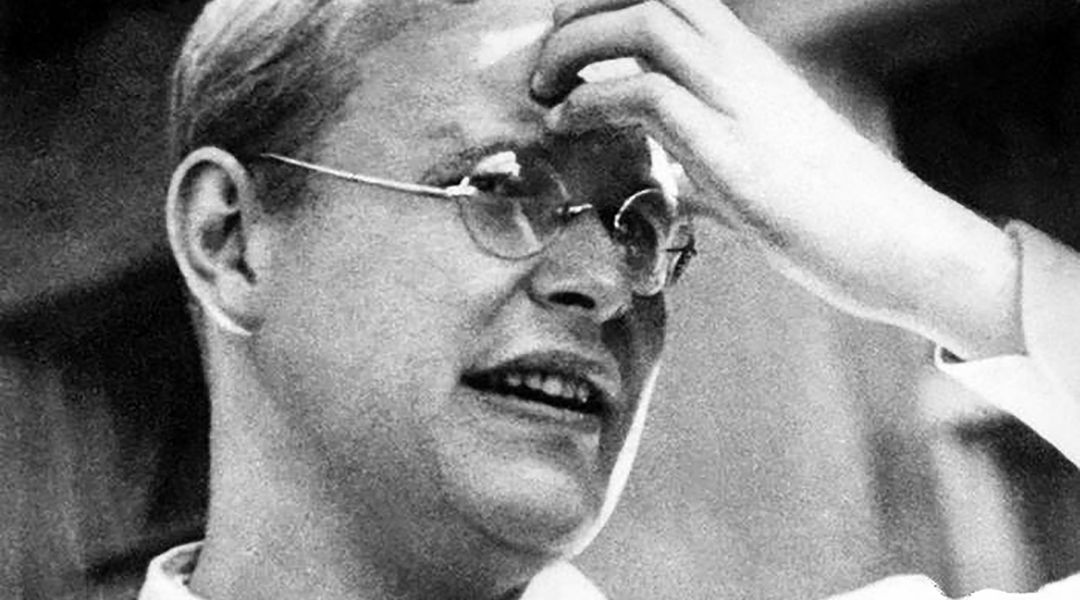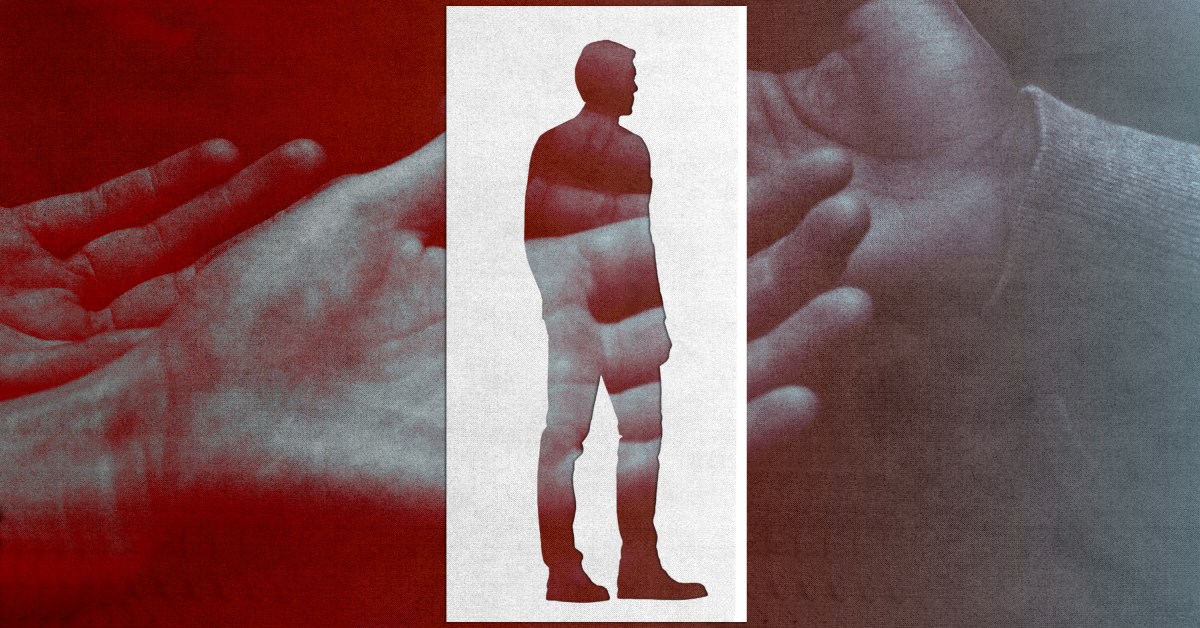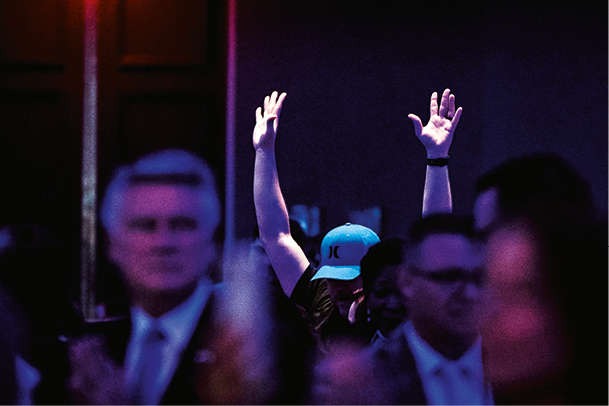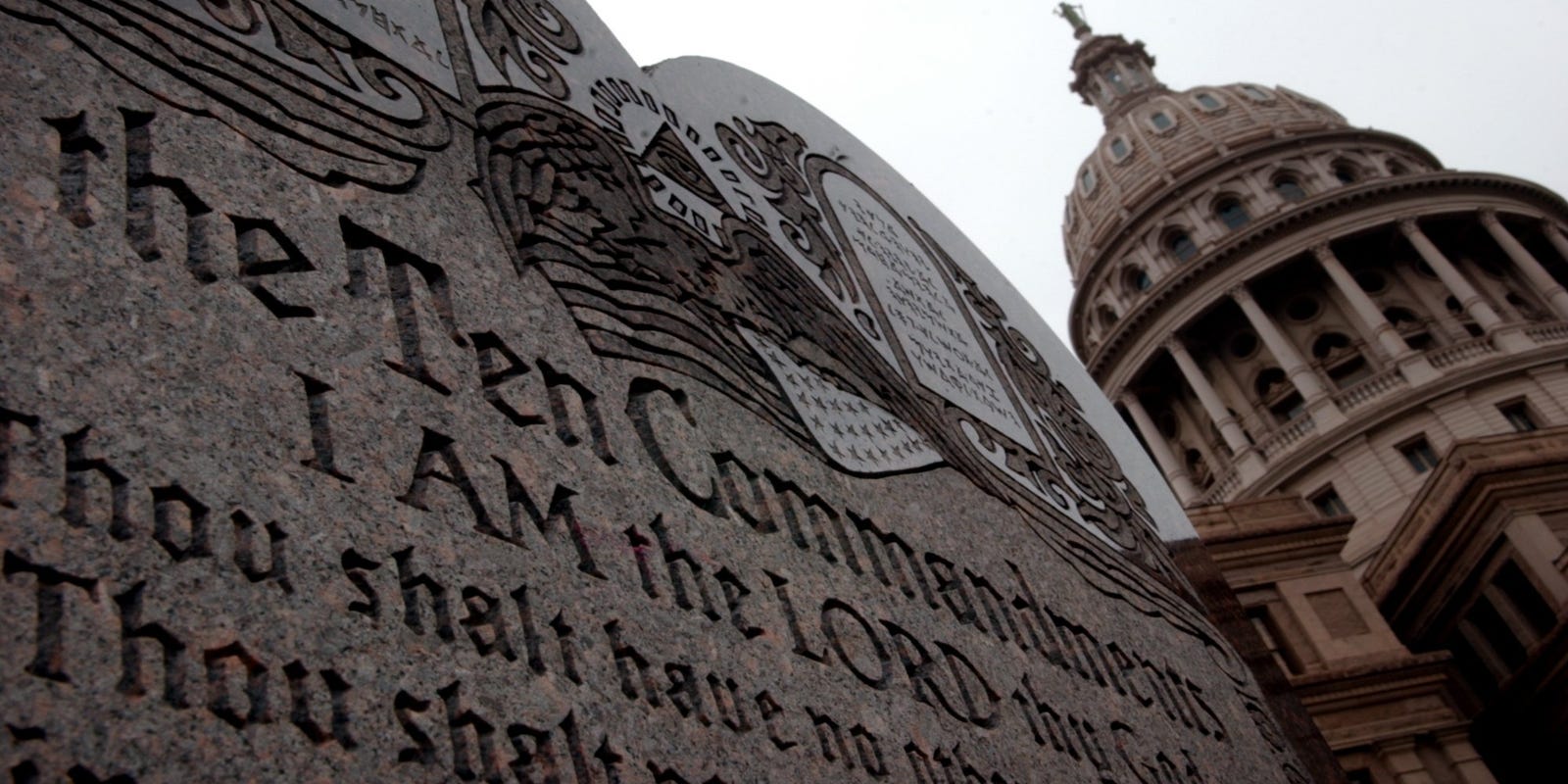When Faith Becomes a Crime: Exposing Religious Persecution and Human Rights Violations
Religion
2025-04-07 04:32:03Content
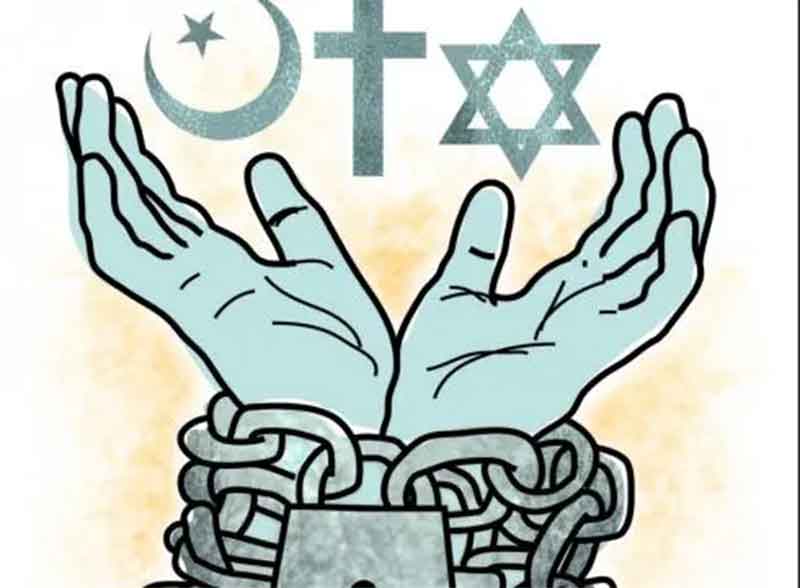
India's Ongoing Struggle with Religious Freedom: A Complex Narrative
Religious tensions and government crackdowns on freedom of religion have long been a challenging aspect of India's complex social landscape. The passage of the Citizenship Amendment Act in 2020 brought these simmering tensions to a boiling point, sparking widespread protests and unprecedented social unrest across the country.
The recent legislative actions and subsequent reactions highlight a deep-rooted pattern of religious and political friction that has characterized India's social dynamics for decades. Protesters took to the streets, expressing their concerns about what they perceived as discriminatory policies that threatened the secular fabric of the world's largest democracy.
The violence that erupted in the wake of these protests underscored the deep divisions and sensitivities surrounding religious identity and citizenship rights. Each incident serves as a stark reminder of the ongoing challenges India faces in balancing religious diversity, political interests, and constitutional principles of equality.
While the situation remains complex, it continues to draw international attention to the delicate interplay of religion, politics, and civil liberties in modern India.
Religious Freedom Under Siege: The Unfolding Crisis of Religious Persecution in India
In the complex landscape of modern India, a profound transformation is unfolding that challenges the fundamental principles of religious freedom and constitutional protections. The intricate dynamics of religious tensions, governmental policies, and social movements have created a volatile environment where minority religious communities find themselves increasingly marginalized and vulnerable.Navigating the Treacherous Waters of Religious Discrimination
The Constitutional Promise vs. Contemporary Realities
India's constitutional framework was meticulously designed to guarantee religious pluralism and protect diverse faith communities. However, recent governmental actions and societal shifts have dramatically undermined these foundational principles. The systematic erosion of religious freedoms has become increasingly apparent, with legislative measures and administrative policies seemingly targeting specific religious minorities. The Citizenship Amendment Act of 2020 emerged as a pivotal moment, revealing deep-seated tensions within India's social fabric. This legislation not only challenged the secular ethos of the nation but also exposed the fragile nature of religious coexistence. Scholars and human rights activists have consistently argued that such policies represent a calculated strategy to marginalize certain religious communities, effectively creating a hierarchical system of citizenship based on religious identity.Institutional Mechanisms of Religious Suppression
The mechanisms of religious persecution in contemporary India extend far beyond legislative frameworks. Local administrative structures, law enforcement agencies, and social institutions have increasingly become conduits for systematic discrimination. Religious minorities frequently encounter barriers in accessing fundamental rights, experiencing challenges in employment, education, and social mobility. Documented instances of targeted violence, social ostracization, and economic marginalization paint a disturbing picture of religious intolerance. Community leaders and human rights organizations have repeatedly highlighted the pattern of state-sanctioned discrimination, where institutional mechanisms seemingly operate with tacit governmental approval.Social Dynamics and Community Resilience
Despite the challenging landscape, religious minority communities in India have demonstrated remarkable resilience and strategic resistance. Grassroots movements, legal challenges, and international advocacy have emerged as critical strategies for confronting systemic religious discrimination. Civil society organizations have played a crucial role in documenting human rights violations, providing legal support, and creating platforms for dialogue and understanding. These efforts represent a powerful counternarrative to the dominant discourse of religious exclusion, emphasizing the importance of pluralism and mutual respect.Global Perspectives and International Scrutiny
The international community has increasingly turned its attention to India's religious freedom challenges. Human rights organizations, diplomatic missions, and transnational advocacy networks have begun to exert pressure, demanding accountability and highlighting the potential long-term consequences of religious marginalization. Diplomatic reports and international human rights assessments have consistently criticized the erosion of religious freedoms, positioning the issue as a critical concern in global human rights discourse. These external perspectives provide an additional layer of accountability and challenge the narrative of internal sovereignty.Psychological and Social Implications
The persistent climate of religious tension carries profound psychological implications for affected communities. Continuous experiences of discrimination, social marginalization, and institutional barriers generate collective trauma, potentially creating intergenerational cycles of vulnerability and resistance. Psychological research suggests that prolonged exposure to systemic discrimination can lead to complex emotional responses, including internalized oppression, collective anxiety, and adaptive strategies of survival. Understanding these nuanced psychological dimensions is crucial for comprehending the broader social dynamics of religious persecution.RELATED NEWS
Religion
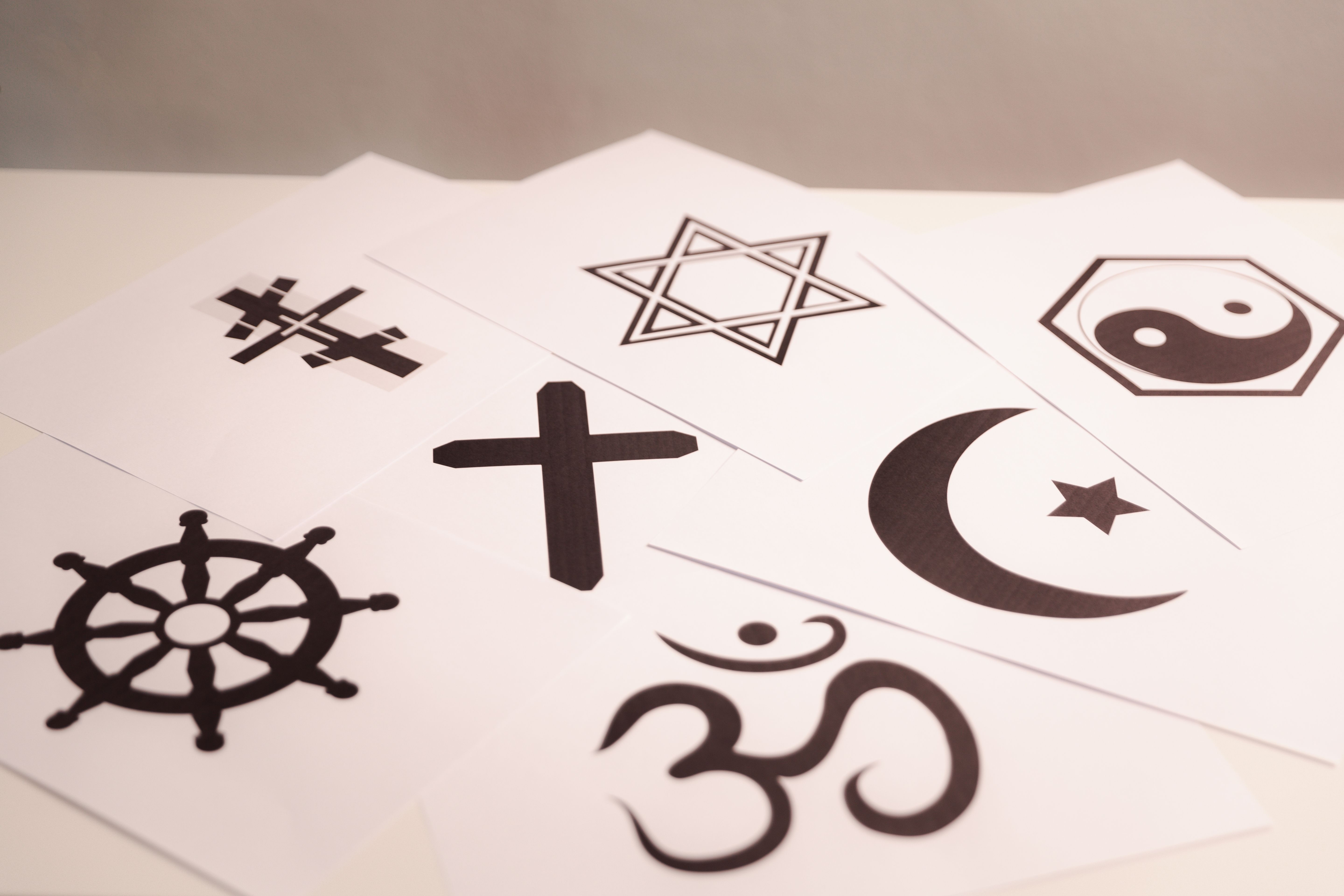
Faith, Festivals, and Footsteps: Navigating the Sacred Seasonal Landscape
2025-03-12 20:01:00
Religion

Faith, Friction, and Fallout: Inside the ABC's Religious Reporting Controversy
2025-04-14 00:57:49
Religion

Supreme Court Showdown: Faith, Law, and the Fragile Wall Between Church and State
2025-03-09 06:00:12

